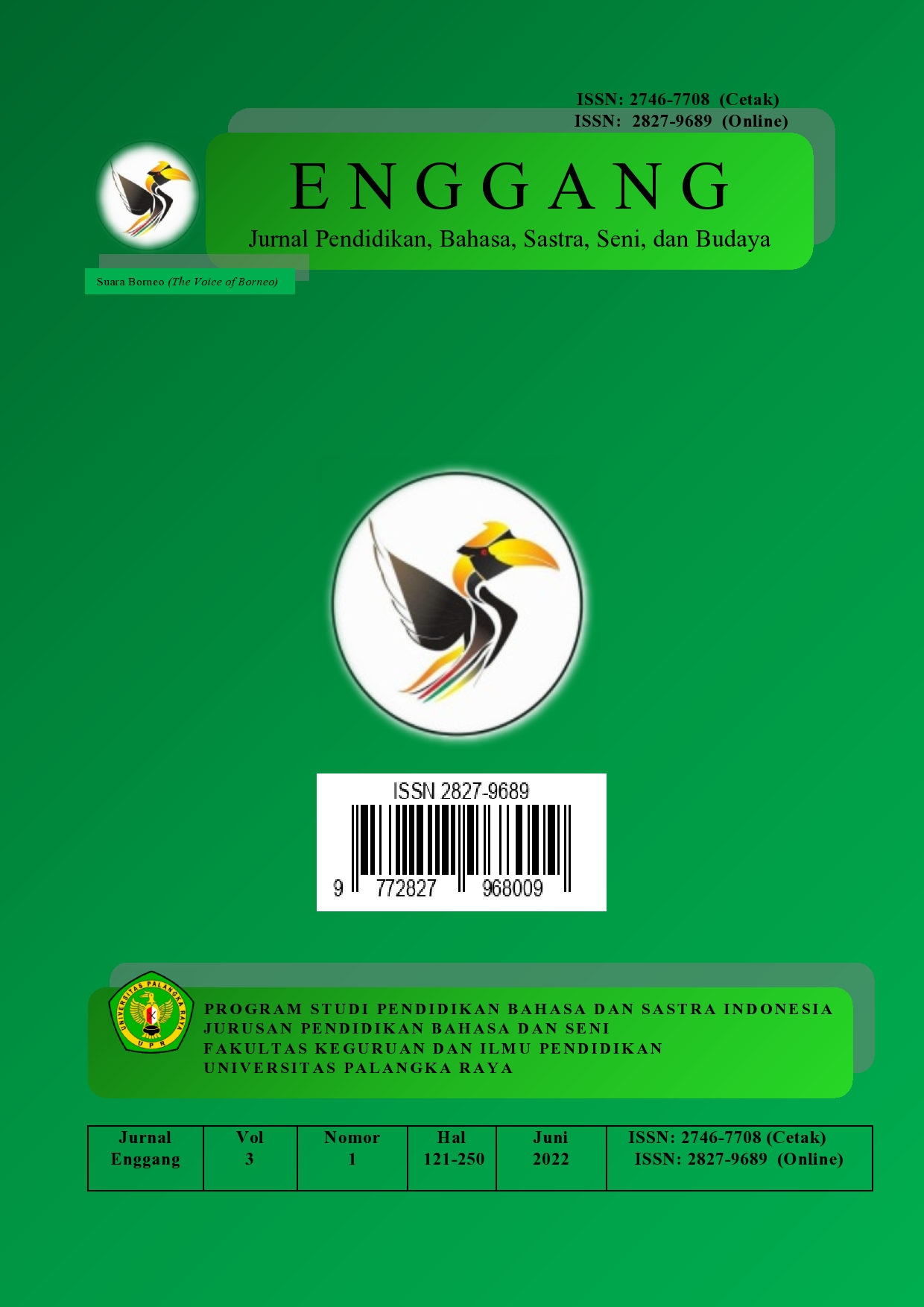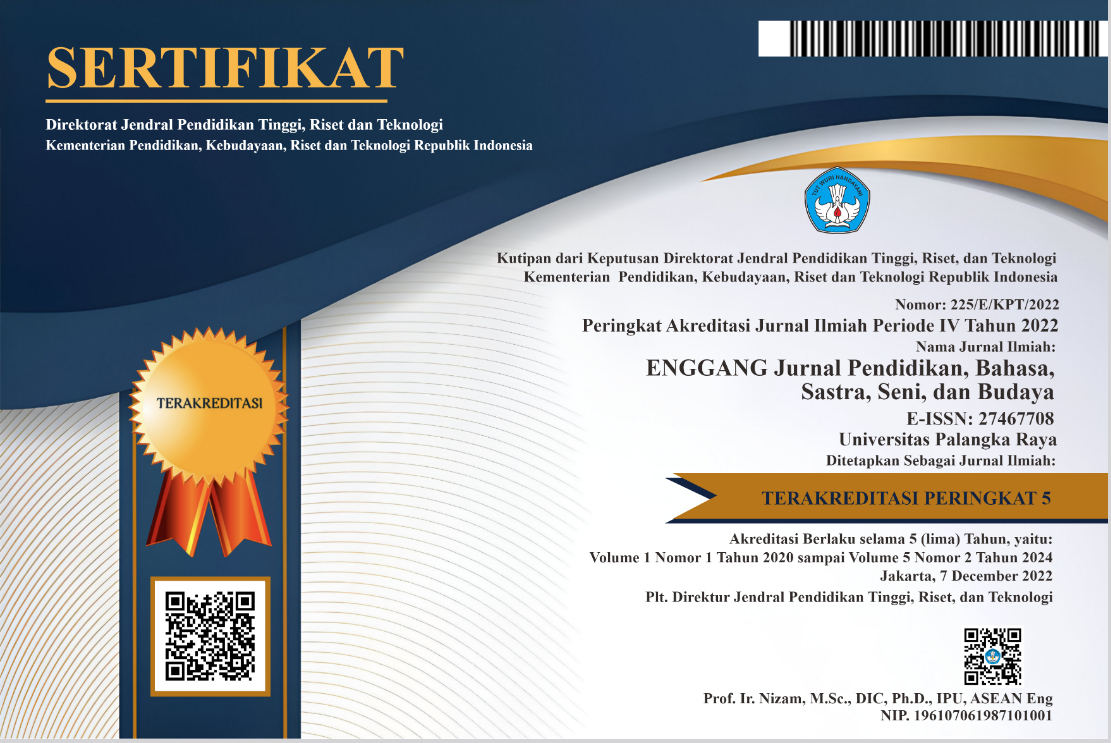MANAJEMEN KONFLIK DI MADRASAH/SEKOLAH
DOI:
https://doi.org/10.37304/enggang.v3i2.12198Keywords:
School conflict management, Islamic Education, Islamic Religion, Sunan Giri University, Surabaya, School conflict managemenAbstract
In any organization, there will be conflict. The principle is that the highest ranking official in the school, if appropriate to determine the circumstances that led to the dispute. The different ways concepts are interpreted, the conflicting goals and objectives that must be met, and the misalignment between the two caused by a lack of resources all work to the strength or shape advantage of one party at the expense of the other. Inadequate organizational and communication resources can lead to ugly conflicts, differences in traits, values, and perceptions, task interdependence, pay systems, and limited organizational resources. Using negotiation as a conflict resolution tactic Here, two processes are suggested. Opposing groups get together to discuss their disagreements and try to reach an understanding by making offers, counter-offers, and compromises. Third party mediators, or invite third parties to take a neutral stance to help the disputing parties reach a settlement; third party negotiators, or invite third parties who are specialists in tenders and negotiations. the dispute, and authorized agents or third parties. resolve disputes between conflicting parties
Downloads
References
Arif, M. A., Saleh, R., Delfiro, R., Afifi, R. F., & Yendra, W. (2022, November). Efektivitas Layanan Online Sapo Rancak Pada Dinas Penanaman Modal Dan Pelayanan Terpadu Satu Pintu (DPMTSP) Kota Padang. In PROSIDING SEMINAR NASIONAL PENDIDIKAN, BAHASA, SASTRA, SENI, DAN BUDAYA (Vol. 1, No. 2, pp. 70-79).
Amelia, Ulya. “Ulya Amelia, Suryadi, Manajemen Konflik … IMProvement.” Jurnal Improvement 6(1): 71–85.
Inom Nasution. 2010. “Manajemen Konflik Di Sekolah.” Visipena Journal 1(1): 45–55.
Jamali, Yusra. 2018. “Manajemen Pengelolaan Konflik Di Sekolah.” Sustainable Jurnal Kajian Mutu Pendidikan 1(1): 113–31.
Manajemen, Jurnal Ilmu. 2021. “Jurnal Ilmu Manajemen, Volume 18, Nomor 1, 2021.” 18: 41–48.
Misnawati, M., Poerwadi, P., Veniaty, S., Nurachmana, A., & Cuesdeyeni, P. (2022). The Indonesian Language Learning Based on Personal Design in Improving the Language Skills for Elementary School Students. MULTICULTURAL EDUCATION, 8(02), 31-39.
Moshinsky, Marcos. 1959. “No Titleیلیب.” Nucl. Phys. 13(1): 104–16.
Murni. 2011. “Manajemen Konflik Dalam Pendidikan.” An-Nida’ 36(1): 1–22. http://ejournal.uin-suska.ac.id/index.php/Anida/article/view/291
Nova Syafira Ariyanti, Nova, Nova Syafira Ariyanti, Mustiningsih Mustiningsih, and Imron Arifin. 2019. “The Principal’s Conflict Management Strategy Through Increased Community Participation in the Era of Industrial Revolution 4.0.” 9(3): 1–18.
Rony. 2019. “Analisis Manajemen Konflik Di Sekolah.” Al-Mada; Jurnal Agama, Sosial dan Budaya ISSN: 2(2): 92–115.
Schwarz, P. et al. 2014. “No Title شیمی مواد غذایی.” European Journal of Endocrinology 171(6): 727–35. https://eje.bioscientifica.com/view/journals/eje/171/6/727.xml .













